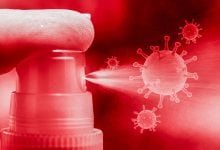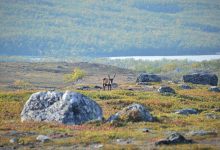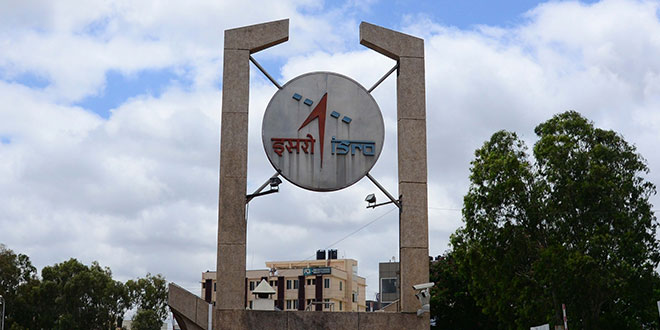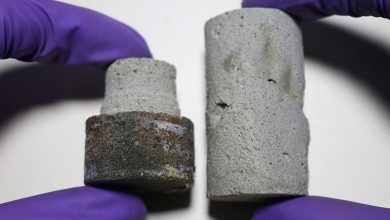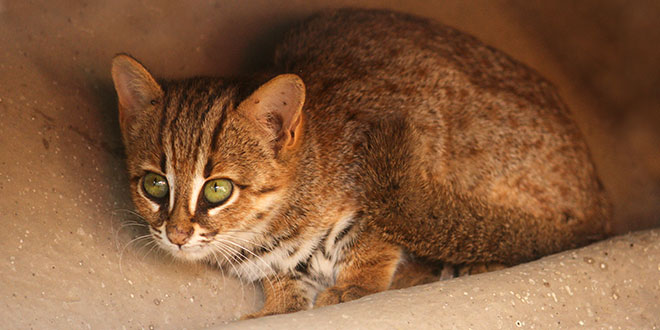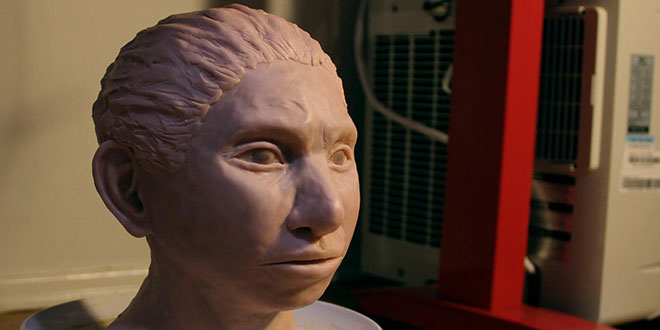Anti-cancer abilities developed by mutant Chernobyl wolves may lead to a cure
Chernobyl wolves, in contrast to wolves who live only outside the CEZ, have immune systems that have been changed, much like cancer patients receiving radiation therapy.

According to a study, mutant wolves near Chernobyl, the site of the greatest nuclear catastrophe in history, have gained anti-cancer skills. This development could pave the way for a cure for the terrible disease.
The Chernobyl power station experienced a nuclear reactor explosion in 1986 that sent radioactive material and radiation that causes cancer into the surrounding area.
A 1,000 square mile area surrounding the Chernobyl nuclear power plant that was sealed off to prevent more radioactive exposure has been repopulated by wolves, horses, fungus, and forests.
Scientists at Princeton University in the United States are currently investigating how the Chernobyl wolves continue to flourish after being exposed to radioactive particles for many generations and building up a buildup of these particles in their bodies.
In order to better understand the wolves’ reactions to radiation that causes cancer, a team lead by Cara Love, an evolutionary biologist and ecotoxicologist working in Shane Campbell-Staton’s lab at Princeton, went to the CEZ, radio-collared wolves, and extracted blood in 2014.
According to Love, “we get real time measurements of where they are and how much (radiation) they are exposed to” using these specialised GPS collars equipped with radiation dosimeters.
They found that over the course of their lifetimes, Chernobyl wolves were exposed to radiation at levels of up to 11.28 millirem per day, which is more than six times the authorised safety threshold for the typical human worker.
Love discovered that Chernobyl wolves, in contrast to wolves who live only outside the CEZ, have immune systems that have been changed, much like cancer patients receiving radiation therapy. Most encouragingly, she has discovered particular wolf genome areas that don’t appear to be sensitive to an elevated risk of cancer.
Love’s work is to find protective variants that boost the likelihood of surviving cancer. The majority of human research has shown mutations increasing cancer risk (as BRCA does with breast cancer).
Unfortunately, Love and her allies have not been able to return to the CEZ since due to Covid-19 and the ongoing conflict in the area.
“The safety of the people and collaborators there is our top priority,” the spokesperson stated. In January, Love gave a presentation on the results at the Society of Integrative and Comparative Biology’s annual meeting in Seattle, Washington.
